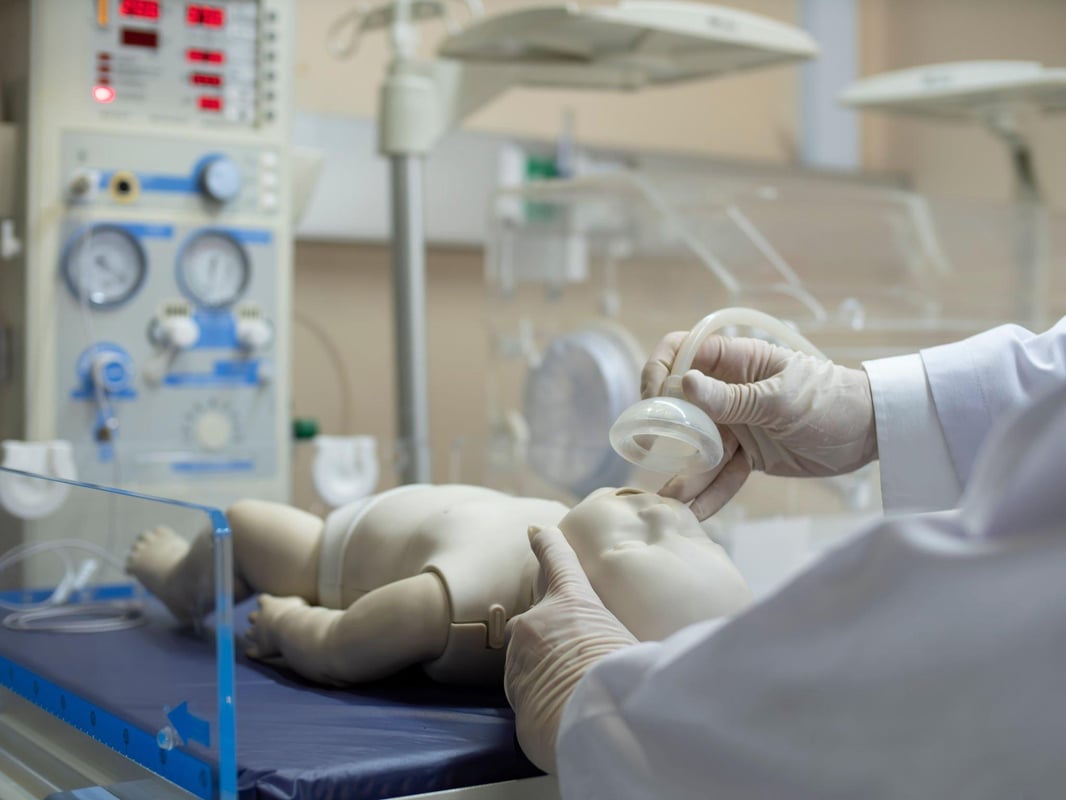
Financial aid (may be available)

Financial aid (may be available)

Financial aid (may be available)

Financial aid (may be available)
$276 total
$2,075 total
$270 total
$410 total
$365 total
$150 total
No cost info
$285 total
$150 total
No cost info
As you embark on your journey to become a healthcare professional, you might have come across the term Pediatric Advanced Life Support (PALS). This could be a stepping stone in your career, or you may be looking to specialize in pediatric care. Either way, this blog post aims to provide you with all the necessary information you need on PALS classes in Syracuse.

PALS is a program developed by the American Heart Association (AHA) aimed at healthcare providers who respond to emergencies in infants and children. It emphasizes the importance of high-performance team dynamics and communication, systems of care, and immediate post-cardiac arrest care. It also covers airway management and related pharmacology.
Before enrolling in a PALS course, there are certain prerequisites you need to fulfill:
Basic Life Support (BLS) Certification: Most institutions require you to have a BLS certification. BLS is a foundational course that equips students with the skills to perform CPR and other basic cardiovascular life support skills in a wide variety of in-facility and prehospital settings.
Basic EKG Knowledge: You should be familiar with EKG rhythms as they form an integral part of PALS training.
When searching for a PALS class, consider the following:
AHA Accreditation: Make sure the institution offering the class is accredited by the American Heart Association. This ensures that the course content meets the required standards and that the certification you receive is recognized nationwide.
Course Content: The course should cover key areas such as pediatric assessment, basic life support, PALS treatment algorithms, and effective resuscitation.
PALS classes are usually intensive, involving both theoretical and practical sessions. Here's what you can typically expect:
Theoretical Sessions: These cover a variety of topics such as pediatric emergencies, PALS algorithms, and pharmacology.
Practical Sessions: These involve hands-on training in skills such as airway management, vascular access (intraosseous and intravenous), and rhythm disturbances.
The PALS certification process involves an examination at the end of the course. This may include a written test and a skills evaluation. After passing the exam, you will receive a PALS provider course completion card, which is valid for two years.
Once you are certified, you can look for jobs in settings such as hospitals, emergency medical services, or pediatric care clinics. You can find such job listings on various job search websites or through networking with other healthcare professionals.
After becoming a PALS provider, you can consider taking the following additional courses to further enhance your skills:
Advanced Cardiac Life Support (ACLS): This course builds on the foundation of lifesaving BLS skills, emphasizing the importance of continuous, high-quality CPR.
Neonatal Resuscitation Program (NRP): This course introduces the concepts and basic skills of neonatal resuscitation.
PALS plays a crucial role in pediatric emergency care. This training provides healthcare professionals with the knowledge and skills necessary to effectively respond to cardiac emergencies in pediatric patients. These skills are vital in emergency situations and can greatly improve the outcome for the patient.
After two years, your PALS certification will expire. To maintain your certification, you'll have to take a PALS renewal course and pass the exam. This ensures that you stay updated with the latest guidelines and techniques in pediatric advanced life support.
Having a PALS certification can positively impact your career advancement. It not only enhances your resume but also demonstrates your commitment to delivering high-quality care. Employers often prefer candidates with such specialized certifications as it reflects their competence in handling emergency situations.
While PALS is specifically designed for healthcare providers who respond to emergencies in infants and children, other life support training such as BLS and ACLS cater to a broader range of patients. Understanding the differences between these courses can help you choose the right one for your career goals.
Becoming a PALS provider can be a rewarding journey, providing you with the skills and knowledge to save lives. Whether you are a healthcare professional looking to specialize in pediatric care or just looking to enhance your skills, PALS is definitely a course worth considering. As you explore the various PALS classes in Syracuse, remember to check out related vocational training programs, additional certification courses, and career opportunities as you continue your journey in healthcare.
If you're considering pursuing this certification in a different location, we have other in-depth guides to help. Check out our guides for different cities below:
Exploring different career paths? Dreambound offers in-depth guides to assist you in making well-informed decisions. Explore some of these resources below:
Dreambound's platform allows prospective students to find the right educational program for them through searching, filtering, and connecting with our extensive selection of career & technical education partners.
Dreambound has over 70 programs across healthcare, technology, business, and industrial trades. This includes programs such as Medical Billing, Cybersecurity, and welding.
Some of our schools offer financial aid for those who qualify. Many others offer payment plans, where you can pay the cost of class over time.
Yes, Dreambound offers many online programs. On Dreambound's search, you can filter by online, in-person, and hybrid (part online, part in-person).
Dreambound is completely free for you to use! We are supported by schools and organizations who pay to advertise on our website, so we can offer all of our career resources for free.